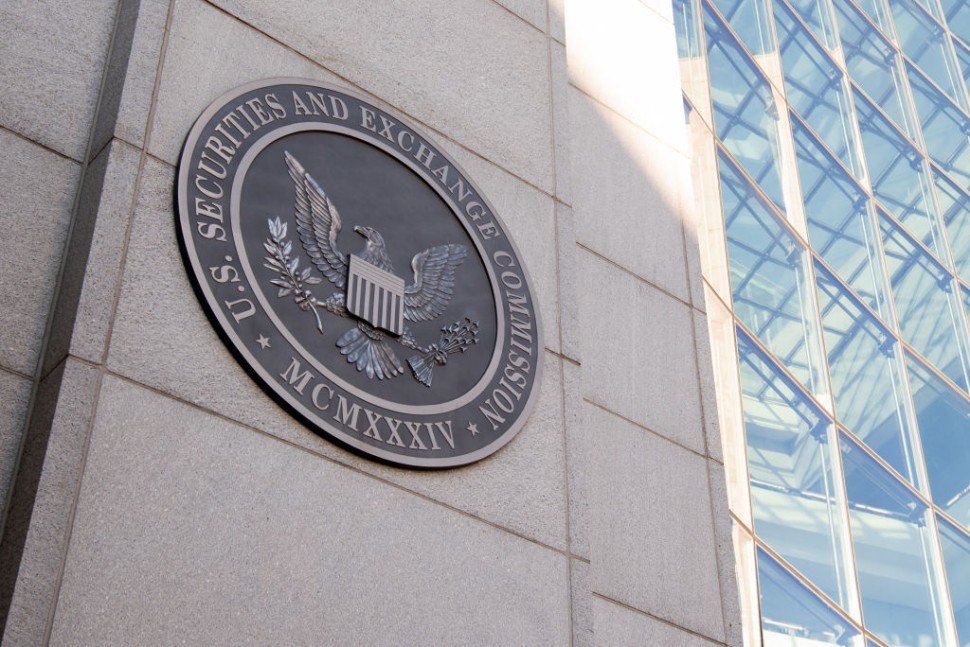Securities and Exchange Commission has won an appeal. This victory defends its broad "dealer" definition. At the heart of the matter was a penny-stock firm accused of functioning as an unregistered securities dealer. The SEC's triumph steers a new course, particularly for future-related issues.

A Landmark Case
The contested case involved micro-cap businesses accused of acting as unregistered securities dealers. The firm's activities revolved around acquiring debt from penny-stock companies, converting the debt into stock, and then rapidly selling the new shares. This firm allegedly made a hefty sum, close to $900,000, from these transactions.
The SEC argued that the investors who acquired the stock suffered as the firm diluted the share value by oversupplying the market with the newly converted shares. Thus, this firm became a part of the SEC's recent actions against companies with similar practices, particularly in the penny stock market.
Reinforcing the Definition of a Dealer
At the core of the deliberations was the precise definition of a "dealer," a term traditionally understood as referring to a business that generates profit from commissions or differences between bid price and ask price for securities. However, the SEC stands firm with its broader interpretation of the term.
The regulator contended that it was within precedent to classify the firm in question as a dealer, regardless of not selling securities on behalf of a customer. The SEC based this argument on specific alleged facts, such as the firm's strategy of seeking out penny-stock companies willing to sell convertible debt at a discount and then quickly selling the acquired shares.
ALSO READ: House Bill Stripping Biden's Power to Pause LNG Exports Moves Forward, Senate Opposition Awaits
A Defining Ruling for Market Participants
The argument against the SEC's broad interpretation was that it would wrongly categorize all types of securities traders as "dealers." This situation subjects them to regulatory mandates and potential liability that were not applicable. Moreover, applying the SEC's definition of a dealer could mean any business buying and selling securities could be deemed a dealer.
Despite these concerns, the 11th U.S. Circuit Court of Appeals sided with the SEC, confirming the regulator's claim. The court ruled that the particular business strategy employed by the firm, including the rapid selling of the newly converted shares exclusively for profit, warranted the classification as an unregistered dealer.
Nonetheless, the court postulated that their ruling was contingent upon the specifics of this case and should not be interpreted as a sweeping change in the definition of securities dealers. The court agreed with the SEC that the Exchange Act doesn't limit the definition of a security dealer to a trader acting on behalf of a customer.
This ruling puts a new spin on the conventional understanding of what constitutes a "dealer" in the securities market. It provides a beacon for future rulings where the definition of a "dealer" might be questioned. While the landmark victory has implications for the industry, it serves as a reminder of the regulatory power that the SEC wields and the lengths it can go to ensure market accountability and investor protection.
RELATED TOPIC
: US Supreme Court Reveals Intentions to Possibly Restrain SEC In-House Enforcement Practices




